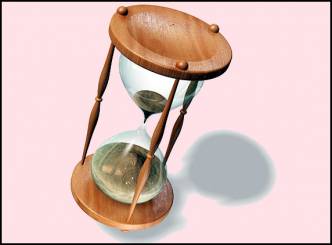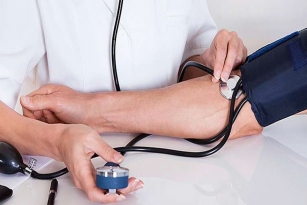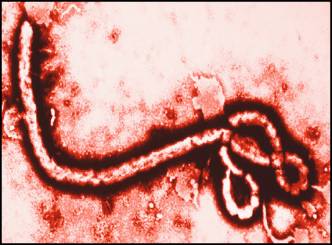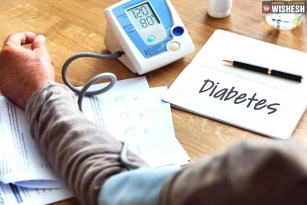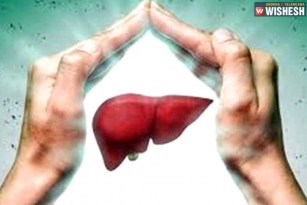
For some obese people, drinking problems may become a new burden following weight loss surgery, according to a new study. Although the rate of alcohol abuse climbed only two percentage points after the procedures, researchers say this translates into more than 2,000 new cases of abuse every year in the U.S.
Two years following their surgery, patients described more symptoms of dependence -- such as needing a drink in the morning or failing to meet normal expectations -- and more alcohol-related harms, such as black-outs, feelings of guilt or injuring someone.
The jump in drinking problems was seen mainly among people who had gastric bypass surgery, which reduces the stomach to the size of a golf ball.
"This is something that we need to really pay attention to," said Dr. Robin Blackstone, president of the American Society for Metabolic & Bariatric Surgery.
But, she added to Reuters Health, the findings aren't surprising as alcohol sensitivity is known to go up after gastric bypass. That's because the acid in the stomach usually makes some of the alcohol molecules less potent before they are absorbed.
"When you have a gastric bypass you disconnect most of the acid," said Blackstone, who wasn't involved in the new work. "We really don't believe they should be using alcohol at all after the procedure."
Surgery is considered the gold-standard treatment for morbid obesity, which plagues about 15 million Americans and is linked to a host of health problems, including diabetes and heart disease.
One previous study found seven percent of patients experienced complications from weight-loss surgery, but most were minor wound problems. Serious complications -- such as massive bleeding or kidney failure -- occurred in less than three percent of patients.
Each underwent a weight loss procedure, including gastric bypass and gastric banding, in which a silicone band is placed around the top portion of the stomach to restrict food intake. They answered questions about their drinking habits before their surgery and again one and/or two years later. The researchers then rated the alcohol use on a scale developed by the World Health Organization to measure alcohol use disorders.
Before surgery, 7.6 percent of the patients had drinking problems. One year later, the number hadn't changed much, but at two years, it had gone up to 9.6 percent.
More than half of the 167 patients who had drinking problems following their surgery had not been abusing alcohol prior to their surgery. Alcohol issues were particularly common in those who had gastric bypass, known as Roux-en-Y, and in younger men.
King said it's unclear why people would develop drinking problems after weight-loss surgery, but it could be due to the increased alcohol sensitivity when people resume their normal drinking habits a couple years after surgery.



